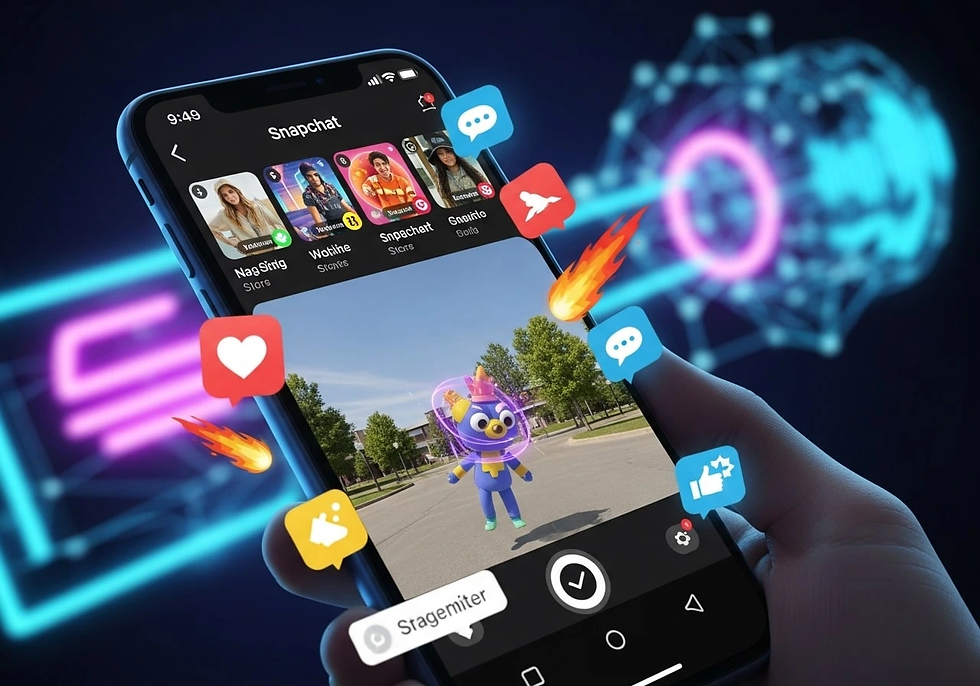Virtual Events Strategy: Discover Why Marketers Are Embracing Virtual Events
- evendigitsubmissio
- Jul 15, 2024
- 2 min read
In the evolving landscape of marketing, virtual events have emerged as a game-changer, offering a multitude of benefits that traditional in-person events often cannot match. Here’s why marketers are increasingly favoring virtual events and incorporating them into their strategies.
1. Wider Reach and Accessibility
Virtual events break geographical barriers, allowing marketers to reach a global audience without the constraints of travel and logistics. Attendees can join from anywhere, increasing the event's potential reach and engagement. This inclusivity also means that participants who might have faced travel or mobility issues can now attend effortlessly.
2. Cost-Effectiveness
Hosting a virtual event can be significantly cheaper than organizing an in-person event. Costs associated with venue rental, travel, accommodation, and printed materials are eliminated. Marketers can allocate these savings towards enhancing the virtual experience, investing in better technology, or extending their marketing campaigns.
3. Enhanced Data Collection and Analytics
Virtual events offer advanced data collection capabilities. Marketers can track attendee behavior in real-time, such as session participation, engagement levels, and interaction with content. This data provides invaluable insights into attendee preferences and interests, enabling more targeted and effective follow-up strategies.
4. Flexibility and Convenience
For both organizers and attendees, virtual events offer unparalleled flexibility. Organizers can schedule sessions at different times to accommodate various time zones, and attendees can choose to participate live or watch recorded sessions at their convenience. This flexibility increases participation rates and overall satisfaction.
5. Interactive Engagement Tools
Modern virtual event platforms come equipped with various interactive tools such as live polls, Q&A sessions, chat rooms, and networking lounges. These tools enhance attendee engagement, creating a more interactive and immersive experience. Marketers can leverage these tools to gather feedback, foster discussions, and build a sense of community.
6. Environmental Impact
Virtual events are more environmentally friendly compared to traditional events. By reducing the need for travel and physical materials, virtual events contribute to lower carbon footprints. This eco-friendly aspect can enhance a brand’s reputation among environmentally conscious consumers.
7. Ease of Content Repurposing
The content generated during virtual events can be easily recorded, stored, and repurposed for future use. Marketers can create webinars, blog posts, social media snippets, and more from the event recordings. This extends the value of the content and ensures it continues to generate engagement long after the event has concluded.
8. Scalability
Virtual events can scale effortlessly to accommodate a large number of participants. Whether the event is intended for a small group or thousands of attendees, the scalability of virtual platforms ensures a seamless experience for everyone involved.
Conclusion
As the benefits of virtual events become increasingly clear, marketers are quick to adapt and leverage these platforms to their advantage. From cost savings and enhanced data analytics to wider reach and improved engagement, virtual events offer a robust solution for modern marketing strategies. Embracing virtual events can help marketers stay ahead in the competitive landscape, delivering memorable and impactful experiences to their audiences.







Comments